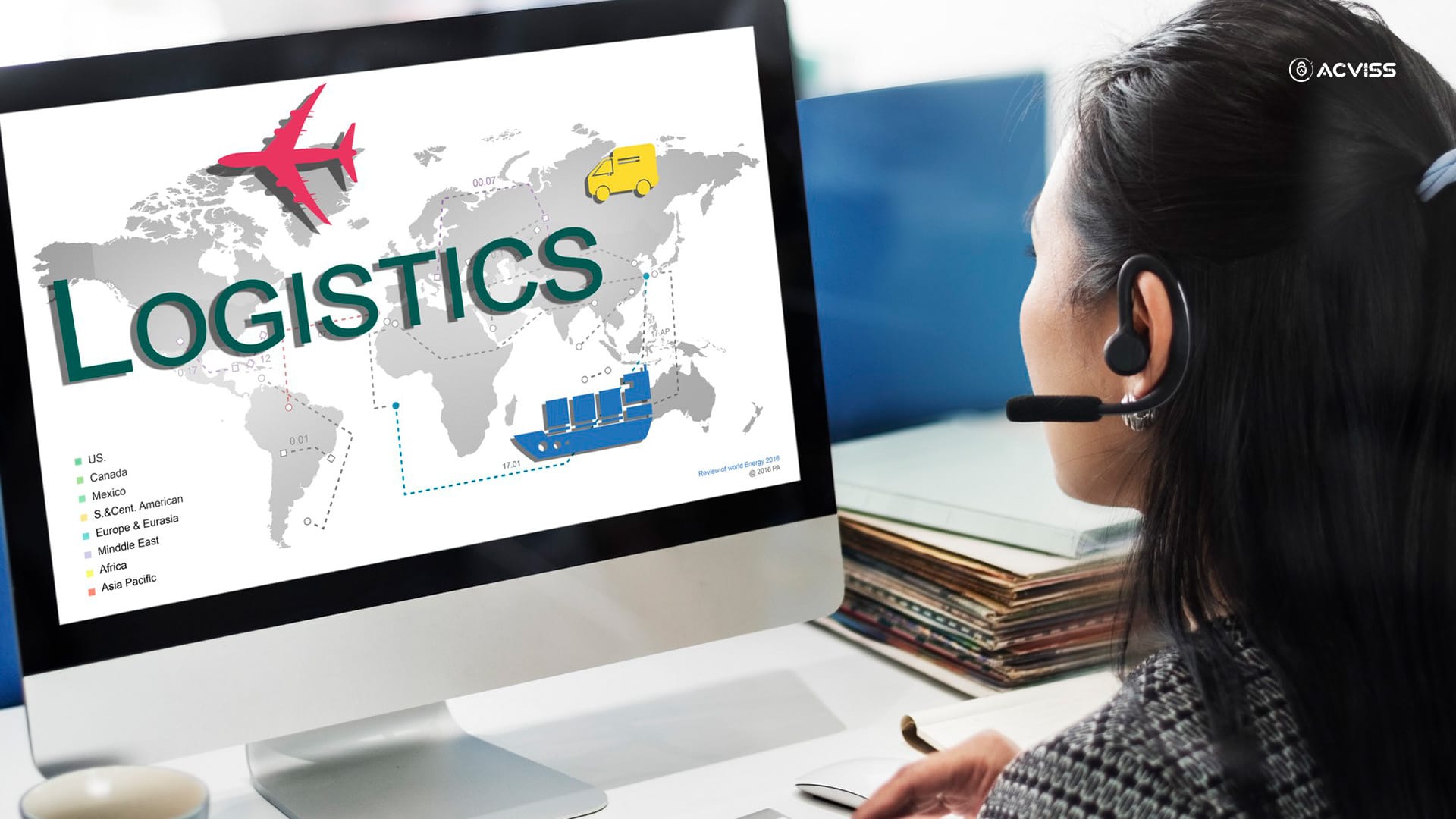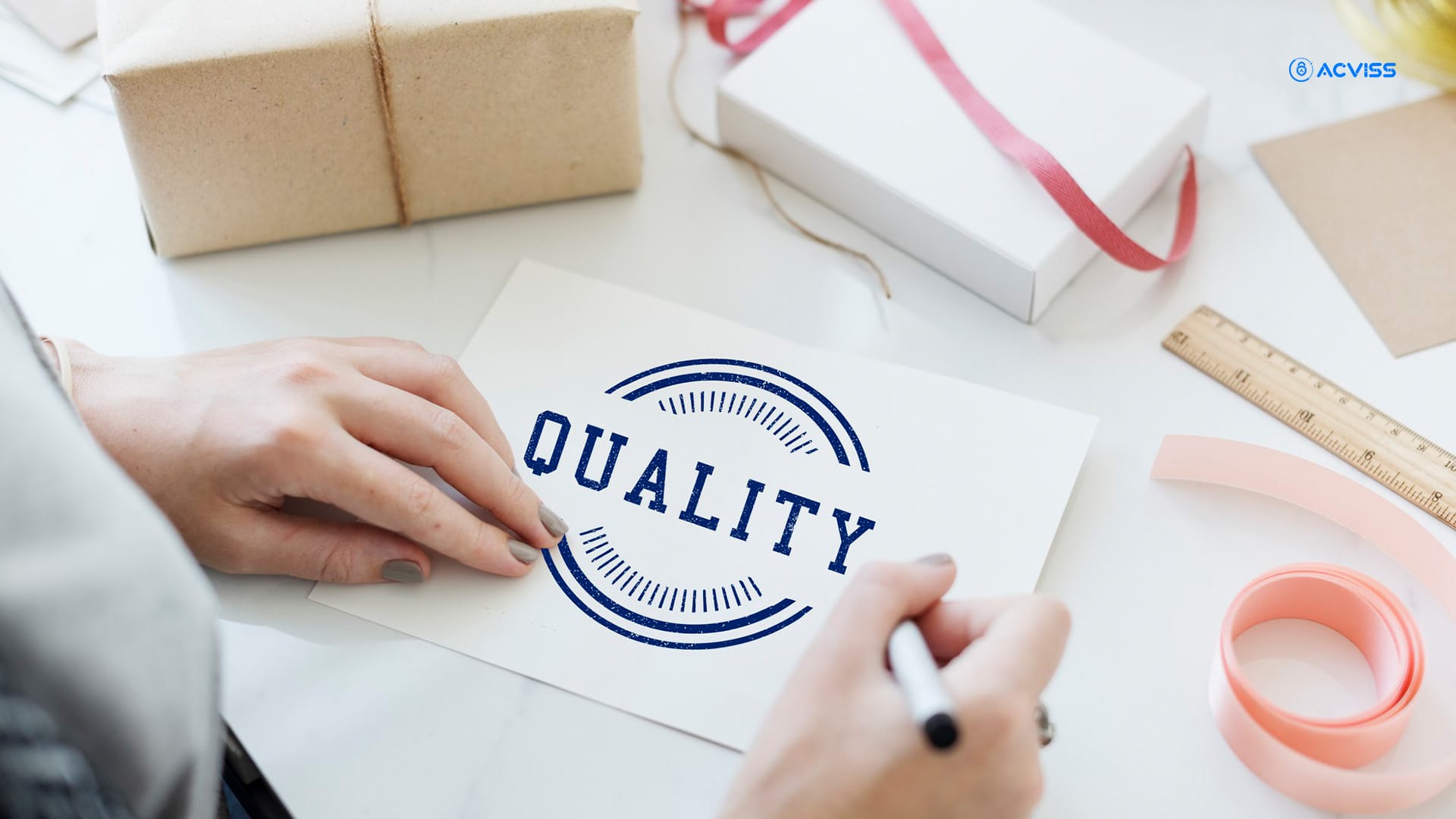Top Challenges Faced by Manufacturers in 2025 and How to Overcome Them

The manufacturing industry’s global market was estimated at $748.2 Billion in 2023 and is forecasted to grow to $944.6 Billion by 2030. This figure itself shows the manufacturing sector will stand strong in the coming years despite the pressing challenges it faces. But what’s the reason for significant growth?
Experts say that the manufacturing industry is at a pivotal point in 2025, driven by transformative innovations and technology. While emerging technologies promise unprecedented growth, manufacturers still face persistent manufacturing challenges that threaten efficiency, quality, and profitability.
In this article, we will discuss manufacturing challenges anticipated for 2025 and some effective solutions that can help overcome them.
Top Manufacturing Industry Challenges in 2025
This section outlined the challenges manufacturers can expect to see more of in the coming year:
- HR Challenges
The manufacturing workforce faces an undeniable transformation. With AI-powered automation and robotics taking over repetitive operations in manufacturing units, manufacturers demand highly skilled and knowledgeable workers who can make the best use of innovative technologies.
However, the industry grapples with a significant skills gap, where traditional workers might lack the expertise required to operate advanced machinery or implement digital systems. As per a recent study by Deloitte, the manufacturing sector in the United States is forecasted to need an additional 3.8 million employees by 2033. However, experts say that it is possible that about half of those jobs will remain vacant because of the growing skill gap.
Moreover, in 2025, manufacturers might struggle to retain talent as younger workers prioritise workplace flexibility, continuous learning, and sustainability. Simultaneously, high turnover rates and an ageing workforce accelerate the struggle to maintain operational stability.
- Automation and Digitisation Barriers

While the introduction of automation and digitisation is expected to bring opportunities for almost every industry, including manufacturing, their implementation comes with obstacles.
For instance, AI and machine learning can definitely streamline the production processes, with AI automating and simplifying tasks and predictive systems powered by ML helping prevent machine downtime. However, these technologies can function better when collaborated with human efforts, which can be tricky due to resistance to change among employees and a lack of adequate training.
Besides this, high initial investments can be among other manufacturing challenges that can deter smaller manufacturers from embracing these technologies.
- Quality Challenges
Maintaining consistent quality remains a top priority for manufacturers. They need to produce products that meet not only safety standards but also consumers' expectations, and thus, they need to invest in robust quality control systems.
Moreover,counterfeiting is another issue that disturbs the flow of the manufacturing sector. Counterfeiters copy the originally manufactured goods that are low in quality, and some even pose health risks to end consumers, tarnishing brand reputations and eroding consumer trust. Fake products often infiltrate supply chains, making quality assurance a challenging battle.
These days, consumers demand not only flawless products but also transparency about their origin and production processes to protect themselves from duplicate items.
- Compliance and Regulatory Difficulties
Manufacturers need to comply with many industry regulations and standards, including safety, operational, labour, and environmental. But, with the emergence of new laws and guidelines, this compliance is becoming more complex.
For instance, clean-technology manufacturing is now being promoted, forcing manufacturers to shift their traditional production practices into innovative ones.
Manufacturers failing to meet updated laws and regulations have to face legal consequences, are charged hefty fines, or suffer operational disruptions and reputational damage.
- Supply Chain, Logistics, or Transportation Disruptions

Logistical inefficiencies, rising transportation costs, and supplier bottlenecks are some more challenges that can cause ongoing disruptions in the manufacturing units. When it comes to supply chain management, 41% of middle-market manufacturers say that they are worried about increasing transportation costs and 39% report that they face supplier issues.
Even a recent Forbes industry report stated that 89% of manufacturing leaders are worried about trade wars, with 54% highlighting the need to improve supply chain traceability and visibility as a top priority. The complexity of tracking goods across multiple stakeholders further complicates the supply chain process.
Additionally, pilferage and theft during transit are growing concerns, affecting the integrity of shipments and creating financial losses for manufacturers.
How to Overcome the Manufacturing Industry Challenges in 2025?
To grow and thrive in their manufacturing businesses, manufacturers must address these obstacles head-on in 2025, leveraging practical solutions and innovative solutions to secure their position in this competitive landscape.
Here discussed are some helpful solutions that manufacturers can deploy in the coming year to safeguard themselves from expected manufacturing challenges:
- Employee Training and Financial and Non-Financial Incentives
As discussed above, the most common challenge manufacturers will face in 2025 is the skill gap. So, to bridge the skills gap, manufacturers must invest in training programs that can help upskill their workforce in advanced manufacturing technologies, from AI and ML to robotics. They can collaborate with educational institutions to create industry-relevant curricula and, hence, ensure a steady talent pipeline.
Apart from this, offering competitive wages, workplace flexibility, and career growth opportunities can also help retain top talent.
- Overcoming Automation and Digitisation Barriers
HR challenges and the need for innovation are closely tied. To overcome automation and digitisation challenges, manufacturers shouldn’t only retain a skilled workforce but also try to upskill existing employees.
Technology resistance from employees is the major reason why manufacturers usually fail to implement advanced technological and digital solutions. Training employees to work alongside the latest technologies can make them comfortable using AI, robotics, ML, or other digital systems. A phased approach to automation allows manufacturers to upgrade their processes without overwhelming their workforce.
Besides this, manufacturers who are short on funds to deploy expensive technological solutions can seek government grants and subsidies to mitigate financial burdens.
- Ensuring Product Quality and Authenticity

Maintaining product quality is a continuous job that can be achieved by incorporating methods like Lean and Six Sigma. These quality assurance methodologies will help manufacturers identify inefficiencies and optimise their production process accordingly, which further leads to reduced costs. It’s also advisable to conduct quality checks at specific intervals.
Moreover, adopting robust anti-counterfeit solutions, such as unique serialisation and tamper-evident packaging, these days has become important for manufacturers to ensure their products are not duplicated and, thus, maintain product integrity. They can also leverage supply chain traceability solutions to monitor every production and supply chain stage, ensuring that only authentic goods reach consumers.
- Simplifying Compliance Management
With evolving regulations in the manufacturing sector, being updated about all can be challenging. To overcome this challenge, manufacturers should invest in compliance management software. Such platforms can help manufacturers stay updated with changing laws and standards not only locally but also globally.
In addition, automated systems can help track regulatory and operational changes, generate reports, and ensure timely audits.
- Mitigating Supply Chain Disruptions
Your supply chain can be disrupted for many reasons- miscommunication with suppliers, inefficient production processes, or defective or fake products. Manufacturing units need agility, visibility, and quick responses to disruptions to keep production lines running smoothly.
In addition, technologies like advanced tracking systems, blockchain-based traceability solutions, and AI and digital tools can help enhance supply chain traceability, allowing manufacturers to track, predict, manage, and optimise their supply chain operations in real-time.
The Role of Acviss in Overcoming Manufacturing Sector Challenges
Acviss offers two revolutionary products- Certify and Origin- that can effectively empower manufacturers to address industry challenges. By using these solutions together, they can create a robust framework for overcoming counterfeiting, ensuring supply chain transparency, and maintaining product quality.
Acviss Certify: Strengthening Brand Protection
Certify by Acviss is an advanced anti-counterfeiting solution that uses unique serialisation and QR code technology to ensure product authenticity. Manufacturers need not worry about fake products, which can question their production processes and adulterate their supply chains.
By integrating Certify into their operations, manufacturers can:
- Protect their products from counterfeiters by providing a quick and reliable way for consumers to verify authenticity.
- Boost consumer trust by offering transparency about product origins and supply chain processes.
- Enhance brand reputation by ensuring that only genuine products reach the market.
Acviss Origin: Enabling End-to-End Traceability
Acviss Origin is a powerful traceability solution designed to provide real-time visibility across the supply chain operations. Now, manufacturers can know what raw materials are being used, whether there are any defective products, what transportation route is being followed, and more.
This cutting-edge track and trace tool allows manufacturers to:
- Track products at every stage, from raw material sourcing to final delivery.
- Identify and address supply chain inefficiencies, reducing delays and costs.
- Minimise pilferage and theft through secure tracking and monitoring.
The Bottom Line!
As the manufacturing industry steps into 2025, the landscape is forecasted to be bombarded with both challenges and opportunities. The substantial growth of the manufacturing industry’s market share indicates a brighter future for manufacturers, but the complexities they face are also real and evolving.
To deal with the manufacturing challenges coming ahead, from HR difficulties to supply chain disruptions, manufacturers need a strategic and technology-driven approach. Leveraging innovative solutions like AI, ML, automated tools, supply chain management software, and Acviss Certify and Origin can empower manufacturers to tackle the above-discussed challenges, along with counterfeiting and also ensure traceability and protect their brand integrity.
Reach out to us to learn more about how Acviss can help overcome manufacturing challenges and lead the next phase of the manufacturing revolution.
